In the rapidly evolving world of genomics and molecular biology, custom DNA oligonucleotides have emerged as indispensable tools. These short, single-stranded DNA molecules, synthesized to meet specific requirements, have found applications in a wide array of research and clinical settings. From serving as PCR primers and synthetic genes to acting as next-generation sequencing adapters, their versatility is truly remarkable.
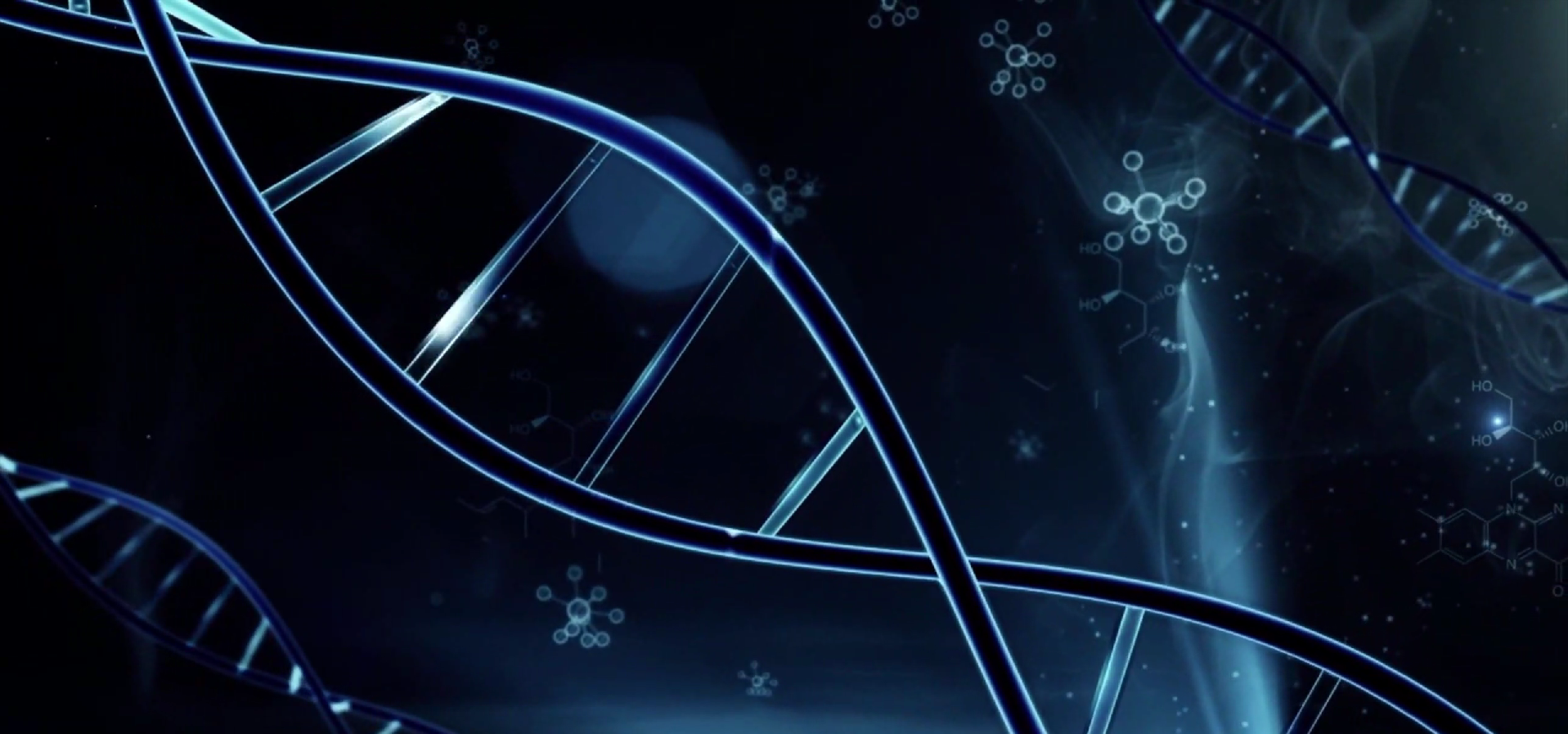
However, to fully harness the potential of these powerful tools, it's crucial to understand how to optimize their use. Here are seven proven ways, backed by expert insights and real-world examples, to get the most out of your custom DNA oligonucleotides:
1. Understand the Basics and Choose the Right Specifications
The first step towards optimizing the use of custom DNA oligonucleotides is understanding their basics. These are short, single-stranded DNA molecules that are synthesized to meet specific requirements. They are used in a variety of applications, including PCR primers, synthetic genes, and next-generation sequencing adapters.
By understanding the fundamental principles of these oligonucleotides, you can make informed decisions about their use in your research or clinical applications. This includes choosing the right specifications such as:
- Scale of synthesis (small-scale vs large-scale)
- Purification level (desalted, cartridge, HPLC, etc.)
- Length (typically 15-60 bases)
- Delivery format (dry or in solution)
For instance, if you're using oligos as PCR primers, you might need them in a dry form at a desalted purification level. But for applications like gene synthesis or CRISPR guide RNAs, higher purity levels like HPLC and delivery in solution may be preferable. Tailoring the specifications to your specific application ensures optimal performance.
2. Utilize a Variety of Modifications to Enhance Functionality
One of the key advantages of custom DNA oligonucleotides is the wide variety of modifications available to enhance their functionality. These include:
- Fluorophores (e.g. FAM, HEX, Cy3) for labeling and detection
- Quenchers (e.g. BHQ1, TAMRA) for probe-based assays
- Spacers (e.g. C3, dSpacer) for adjusting probe-target spacing
- Linkers (e.g. dT, C6-NH2) for conjugation to other molecules
- Phosphorylation for ligation or preventing degradation
- Biotinylation for immobilization or pull-down assays
By strategically incorporating these modifications, you can tailor your oligonucleotides to achieve specific experimental goals. For example, using fluorophore-quencher pairs enables real-time PCR and other quantitative assays. Spacers can optimize the binding efficiency of probes, while linkers allow conjugation to peptides, antibodies, or solid surfaces for various applications.
3. Opt for High-Quality Synthesis and Ensure Quality Control
The quality of your custom DNA oligonucleotides is largely determined by the synthesis process. High-quality synthesis results in a higher percentage of full-length, error-free sequences in your order. This directly translates to better experimental outcomes, saving time and resources in the long run.
When choosing a supplier for custom oligos, look for one that employs advanced synthesis technologies and follows stringent quality control measures. This includes:
- Electrospray ionization mass spectrometry (ESI-MS) analysis for all oligos
- Rigorous post-synthesis quality checks
- ISO-certified production facilities
- Additional analytical services if required (e.g. CGE, MALDI-TOF)
By ensuring your oligos come from a reputable source with robust quality control, you can have confidence in their reliability and performance. This helps prevent costly errors and inconsistencies in your experiments.
4. Consider Large-Scale Synthesis for High-Throughput Applications
For many high-throughput applications like gene synthesis, CRISPR library construction, or aptamer selection, large quantities of oligos are required. In these cases, opting for large-scale synthesis can be highly advantageous.
Large-scale synthesis, typically at the 1 μmol scale or higher, offers several benefits:
- Cost-effectiveness due to economies of scale
- Consistent high purity across larger quantities
- Faster turnaround times compared to multiple small-scale orders
- Suitability for automated downstream processing
If your research involves large-scale oligo needs, partnering with a supplier capable of high-throughput synthesis can streamline your workflow. They can provide bulk quantities of high-quality oligos at competitive pricing, enabling your high-throughput experiments to proceed smoothly.
5. Design Oligos with Optimal Thermodynamic Properties
The performance of your custom DNA oligonucleotides heavily depends on their design. Optimal design involves considering various thermodynamic properties that influence oligo behavior, such as:
- Melting temperature (Tm): affects hybridization efficiency
- GC content: influences stability and secondary structure
- Secondary structures: can hinder proper binding
- Sequence complexity: affects specificity and off-target effects
Using specialized oligo design software can help you navigate these parameters and create oligos with ideal thermodynamic properties for your application. These tools take into account nearest-neighbor models, salt concentrations, and other factors to predict oligo behavior.
By carefully designing your oligos, you can enhance their specificity, reduce off-target effects, and improve overall performance. This is especially crucial for applications like PCR, where well-designed primers can make the difference between success and failure.
6. Explore the Potential of DNA Data Storage
In addition to their traditional applications, custom DNA oligonucleotides are opening up exciting new possibilities in the field of DNA data storage. With their high information density, durability, and low maintenance requirements, DNA offers a compelling solution for long-term data archiving.
The data is stored directly in the sequence of synthetic DNA oligos, with each base (A, T, C, G) representing a binary code. By synthesizing oligos with specific data-encoding sequences, digital information can be reliably stored and retrieved from DNA.
As DNA synthesis and sequencing technologies continue to advance, the cost and efficiency of DNA data storage are rapidly improving. Some key advantages of DNA storage include:
- Extreme density: 1 gram of DNA can store 215 petabytes
- Longevity: DNA can last hundreds to thousands of years
- Energy efficiency: no power required for maintenance
- Scalability: DNA synthesis and sequencing are highly parallelizable
By exploring this potential, you can stay at the cutting edge of technology and find innovative uses for your custom DNA oligonucleotides. DNA data storage is a prime example of how these versatile tools are driving new frontiers in information technology.
7. Stay Updated with the Latest Advances
The field of genomics and DNA technology is constantly evolving, with new breakthroughs and applications emerging at a rapid pace. To make the most of your custom DNA oligonucleotides, it's essential to stay updated with the latest advances.
This includes keeping track of:
- New synthesis technologies that improve oligo quality and cost-effectiveness
- Novel modifications and chemistries that expand the functionality of oligos
- Emerging applications like CRISPR, DNA origami, and synthetic biology
- Computational tools for oligo design and data analysis
- Regulatory guidelines and best practices for oligo use and storage
By staying informed about these developments, you can continually optimize your use of custom DNA oligonucleotides and adapt to the changing landscape of genomics research. Attend conferences, read scientific publications, and engage with experts in the field to stay at the forefront.
In conclusion, custom DNA oligonucleotides are powerful tools with immense potential in genomics and molecular biology. By understanding their basics, choosing the right specifications, utilizing modifications, ensuring high-quality synthesis, considering large-scale options, designing optimally, exploring DNA data storage, and staying updated with advances, you can fully optimize your use of these versatile molecules. Whether you're a researcher, clinician, or biotechnology professional, these seven proven strategies will help you harness the full potential of custom DNA oligonucleotides and drive your work forward. As the field continues to evolve, those who can effectively leverage these tools will be well-positioned for success in the exciting future of genomics and beyond.
 NGSHybridization Capture DNA Probe QuarStar Human All Exon Probes 4.0 (Tumor) QuarStar Human All Exon Probes 4.0 (Standard) QuarStar Liquid Pan-Cancer Panel 3.0 QuarStar Pan-Cancer Lite Panel 3.0 QuarStar Pan-Cancer Fusion Panel 1.0 QuarStar Pan Cancer Panel 1.0 Hybridization Capture RNA Probe QuarXeq Human All Exon Probes 3.0 HRD panel Library Preparation DNA Library Preparation Kit Fragmentation Reagent mRNA Capture Kit rRNA Depletion Kit QuarPro Superfast T4 DNA Ligase Hybridization Capture QuarHyb Super DNA Reagent Kit QuarHyb DNA Plus 2 Reagent Kit QuarHyb DNA Reagent Kit Plus QuarHyb One Reagent Kit QuarHyb Super Reagent Kit Pro Dynegene Adapter Family Dynegene Blocker Family Multiplex PCR QuarMultiple BRCA Amplicon QuarMultiple PCR Capture Kit 2.0 PathoSeq 450 Pathogen Library Corollary Reagent Streptavidin magnetic beads Equipment and Software The iQuars50 NGS Prep System
NGSHybridization Capture DNA Probe QuarStar Human All Exon Probes 4.0 (Tumor) QuarStar Human All Exon Probes 4.0 (Standard) QuarStar Liquid Pan-Cancer Panel 3.0 QuarStar Pan-Cancer Lite Panel 3.0 QuarStar Pan-Cancer Fusion Panel 1.0 QuarStar Pan Cancer Panel 1.0 Hybridization Capture RNA Probe QuarXeq Human All Exon Probes 3.0 HRD panel Library Preparation DNA Library Preparation Kit Fragmentation Reagent mRNA Capture Kit rRNA Depletion Kit QuarPro Superfast T4 DNA Ligase Hybridization Capture QuarHyb Super DNA Reagent Kit QuarHyb DNA Plus 2 Reagent Kit QuarHyb DNA Reagent Kit Plus QuarHyb One Reagent Kit QuarHyb Super Reagent Kit Pro Dynegene Adapter Family Dynegene Blocker Family Multiplex PCR QuarMultiple BRCA Amplicon QuarMultiple PCR Capture Kit 2.0 PathoSeq 450 Pathogen Library Corollary Reagent Streptavidin magnetic beads Equipment and Software The iQuars50 NGS Prep System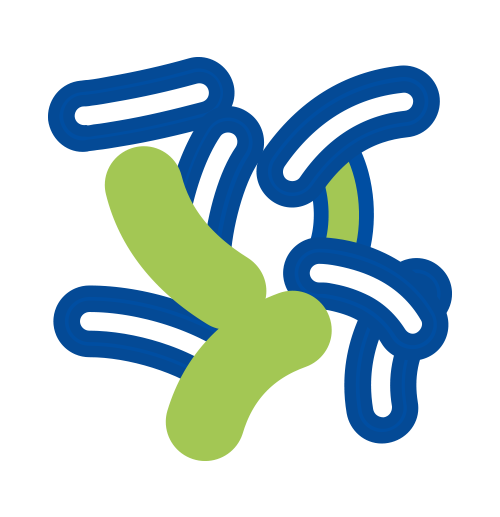 Primers and Probes
Primers and Probes RNA SynthesissgRNA miRNA siRNA
RNA SynthesissgRNA miRNA siRNA



 Gene Synthesis
Gene Synthesis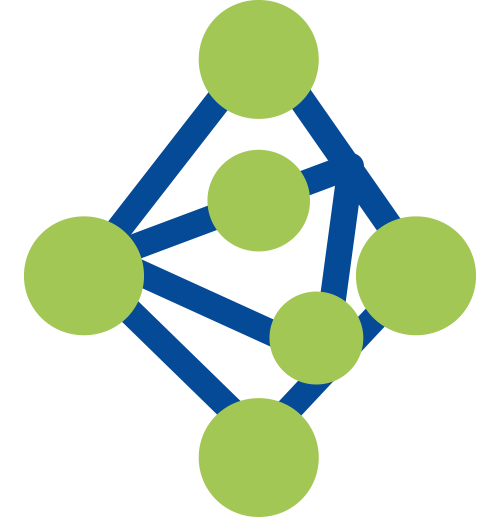 Oligo Pools
Oligo Pools CRISPR sgRNA Library
CRISPR sgRNA Library Antibody Library
Antibody Library Variant Library
Variant Library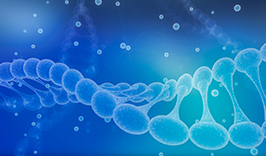
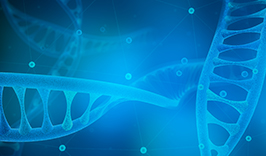


 Tel: 400-017-9077
Tel: 400-017-9077 Address: Floor 2, Building 5, No. 248 Guanghua Road, Minhang District, Shanghai
Address: Floor 2, Building 5, No. 248 Guanghua Road, Minhang District, Shanghai Email:
Email: Tel: 400-017-9077
Tel: 400-017-9077 Address: Floor 2, Building 5, No. 248 Guanghua Road, Minhang District, Shanghai
Address: Floor 2, Building 5, No. 248 Guanghua Road, Minhang District, Shanghai Email:
Email: 







